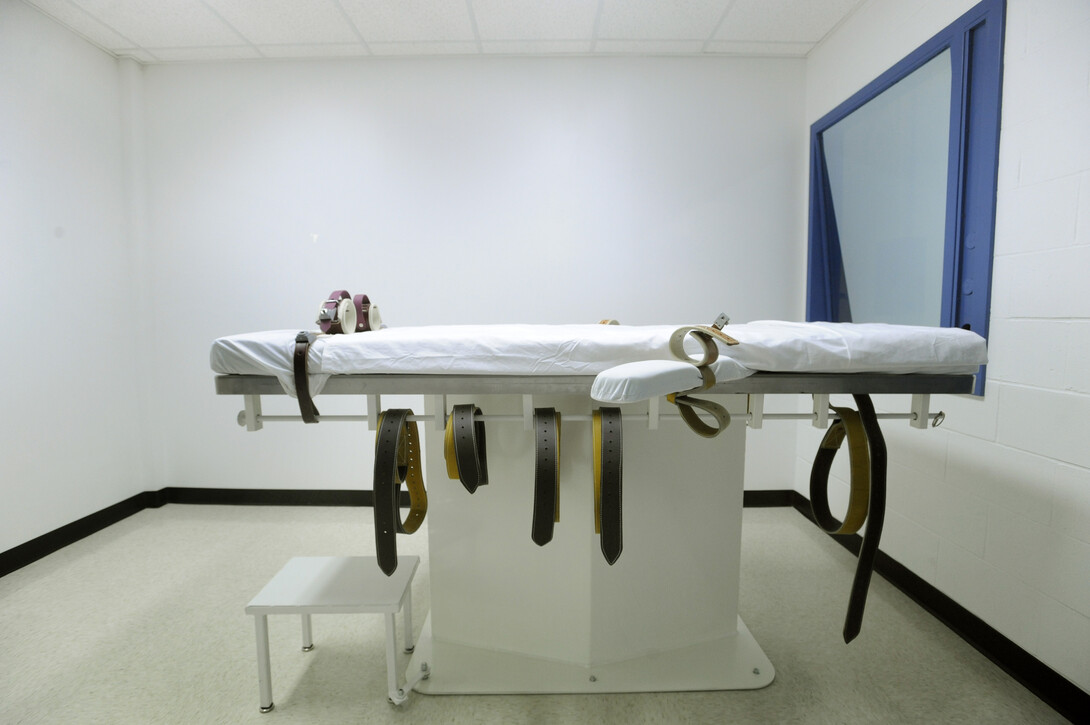
Support or opposition for the death penalty is often drawn at religious or political lines, but new research from a University of Nebraska–Lincoln psychologist suggests these attitudes may be rooted in human evolution.
Ashley Votruba, assistant professor of psychology, and her colleague, Keelah Williams of Hamilton College, demonstrated in a new article that a perception of resource scarcity increases the likelihood of adopting or retaining capital punishment. For example, one study in the research found that states with lower per capita income levels and lower life expectancy are more likely to have the death penalty.

“Who supports and who does not support the death penalty is often thought of as culturally, religiously or politically based,” Votruba said. “Our findings indicate that the effects of resource availability — or a good economy versus a bad economy — on death penalty attitudes go above and beyond effects of socioeconomic background or political affiliation.”
How resource availability affects day-to-day life is deeply ingrained in humans because of evolution, as ancestors who dealt well with difficulties were more likely to survive and reproduce.
“From our understanding of evolutionary psychology, we know that the environment matters, even though people may not be conscious of how it is affecting their decisions,” Votruba said.
Scientific analysis has established connections between perceptions of resource availability and an individual’s financial decision-making, food choices, attitudes toward economic redistribution and more. Votruba and Williams hypothesized that it would affect attitudes toward the death penalty as well.
To test the hypothesis, they conducted four separate studies. The first two studies used archival data to examine death penalty attitudes at the national and international level. One study looked at the United States, which showed resource scarcity predicted the presence of the death penalty.
On the world stage, countries with lower human development, which encompasses factors such access to education, standard of living and mortality as measured by the United Nations, were significantly more likely to have the death penalty.
Votruba and Williams followed these findings with two psychological experiments in which participants were shown one of two stories with images and text that evoked either a weak or strong economy. Then, participants were asked to take a survey regarding death penalty attitudes.
“In two experiments, resource availability perceptions were manipulated for participants to see if perceived scarcity would lead to more support for the death penalty — and it did,” she said.
The research was published in Evolution and Human Behavior.







